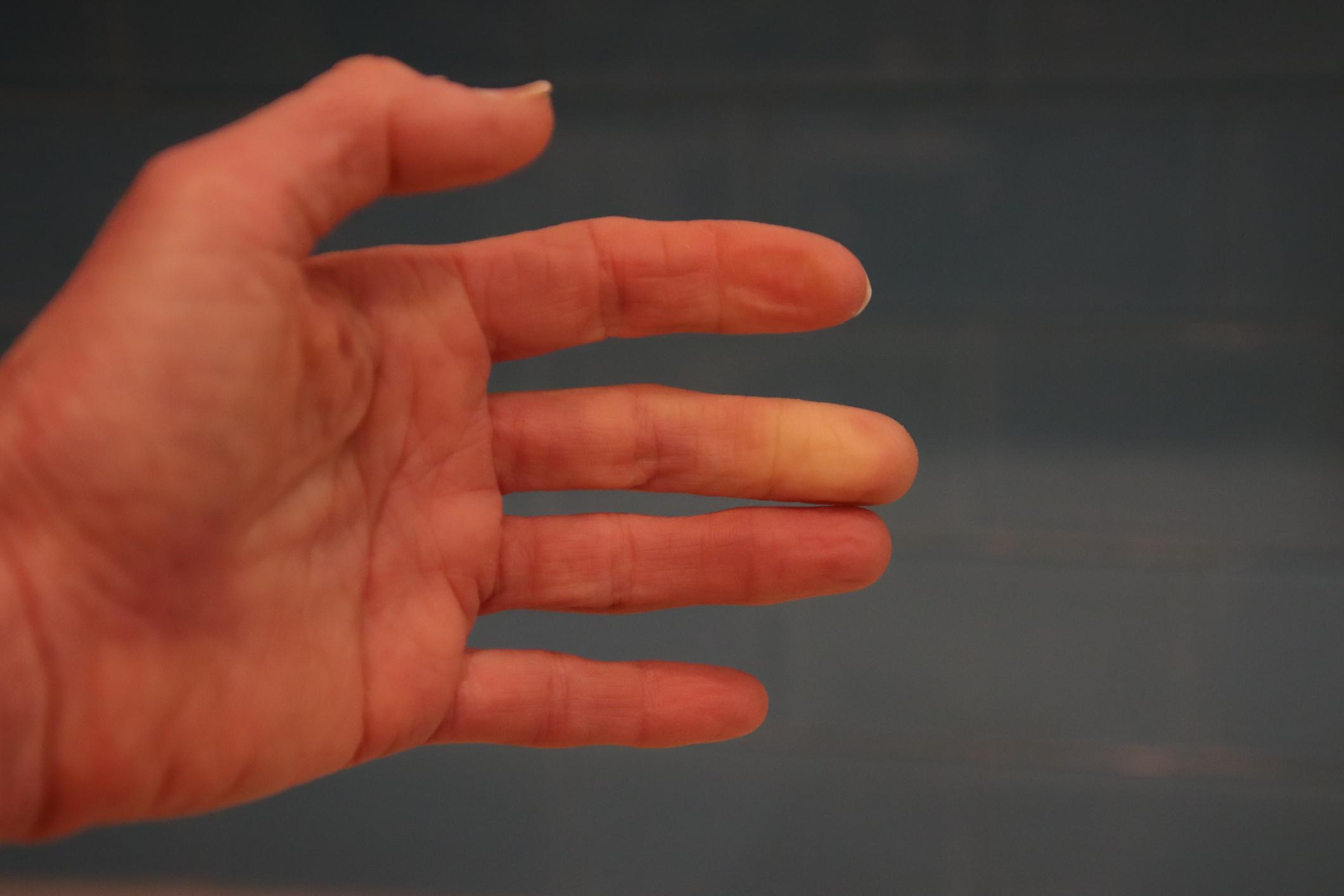Bipolar disorder remains difficult to diagnose, and according to Health Insurance, ten years often pass between the appearance of the first symptoms and the start of treatment.

- Bipolar disorder is a chronic mental illness characterized by extreme fluctuations in mood, ranging from mania to depression, that is often misdiagnosed and requires up to ten years for adequate treatment.
- Symptoms include episodes of mania with elevated mood, excessive energy, and impulsive behaviors, as well as phases of depression marked by profound sadness, intense fatigue, and suicidal thoughts.
- Early diagnosis and treatment combining medication and psychological therapy are essential to manage symptoms and improve the quality of life of those affected.
Bipolar disorder is one of the ten most disabling conditions according to the World Health Organization (WHO). Formerly known as manic-depressive illness, it is characterized by extreme fluctuations in mood. People with this disorder alternate between episodes of mania (or hypomania) and depressioninterspersed with periods of stable mood. These fluctuations can seriously affect daily life, relationships, and the ability to work or function normally.
Symptoms of the manic phase
During a manic phase, a bipolar person may exhibit a range of intense behaviors and symptoms. Typical signs of this phase include:
1. Abnormally elevated or irritable mood:
- An overly happy, euphoric mood or marked irritability that may last for at least a week. This elevated mood is often out of proportion to the situation and may fluctuate rapidly.
2. Increased energy and activity:
- An increase in energy and physical, mental, and social activity, often accompanied by grandiose or unrealistic plans. The person may feel invincible and able to perform many tasks at once.
3. Reduced need for sleep:
- A noticeable decrease in the need for sleep, with the person feeling rested after just a few hours of sleep or being able to function without sleep for several days.
4. Quick and hurried speech:
- A tendency to speak rapidly, incessantly, with difficulty being interrupted. Speech may become incoherent due to rapid thinking.
5. Racing thoughts and distractibility:
- Ideas that race through your mind at high speed, making it difficult to concentrate on a specific task. The person can easily be distracted by external stimuli.
6. Impulsive and reckless behavior:
- Engaging in risky activities without considering the consequences, such as spending excessive money, driving unsafely, or having unprotected sex. These behaviors can lead to serious financial, legal, and relationship consequences.
7. Feeling of greatness:
- An exaggeratedly high self-esteem, with the person believing that they possess exceptional abilities or a special power. This feeling of grandeur can lead to reckless and unrealistic decisions.
Symptoms of the depressive phase
The depressive phase of bipolar disorder is marked by symptoms that may be similar to those of major depression. Typical signs of this phase include:
1. Persistent depressed mood:
- A profound sadness, feeling of hopelessness, or loss of interest in activities that were once enjoyable. This depressed mood persists nearly every day for at least two weeks.
2. Fatigue and loss of energy:
- Persistent exhaustion, even after adequate rest, and a significant loss of energy for daily activities. The person may feel unable to perform even the simplest tasks.
3. Sleep disorders:
- Difficulty falling asleep, waking up very early in the morning, or sleeping excessively. Sleep problems can make depressive symptoms worse.
4. Changes in appetite and weight:
- A loss of appetite or increased food consumption, resulting in significant weight loss or gain. These changes may be the result of a loss of pleasure in food or a seeking of comfort in eating.
5. Concentration problems:
- Difficulty concentrating, making decisions, or remembering things. The person may feel that their thoughts are slow or jumbled.
6. Feelings of guilt and worthlessness:
- A feeling of guilt or worthlessness that is out of proportion to reality. The person may blame themselves excessively for minor or past events.
7. Suicidal thoughts:
- Recurring thoughts of death or suicide, or suicide attempts. These thoughts may be persistent and difficult to manage without professional help.

Mixed symptoms and rapid cycling
Some people with bipolar disorder may experience mixed symptoms, where elements of mania and depression are present simultaneously. For example, they may feel intense energy but accompanied by deep sadness. This mix can be particularly confusing and dangerous, increasing the risk of impulsive and suicidal behaviors.
Rapid cycling is another variation of bipolar disorder where people experience four or more episodes of mania, hypomania, or depression over the course of a year. This type of bipolar disorder can be particularly difficult to manage and treat.
The challenge of diagnosis
Diagnosing bipolar disorder can be complex because of the variability of symptoms and their similarity to other mental health conditions, such as major depression or anxiety disorders. Additionally, stigma and lack of awareness around mental health conditions can delay seeking help.
Health Insurance estimates that it can take up to ten years before an accurate diagnosis is made. During this time, individuals can experience significant disruptions in their personal and professional lives. Early and accurate diagnosis is crucial to begin effective treatment and improve the quality of life of those affected.
Treatment and management of bipolar disorder
THE treatment of bipolar disorder is often multidimensional, combining medications, such as mood stabilizers, antipsychotics, and antidepressants, with psychological therapy. Cognitive behavioral therapies (CBT) and interpersonal and social rhythms therapy (IPSRT) are particularly effective in helping patients manage their symptoms and stabilize their daily routines.
Educating the patient and family about the nature of bipolar disorder and its symptoms is also essential. A better understanding can help people recognize the warning signs of a manic or depressive episode and seek medical help promptly.
Bipolar disorder is a complex and debilitating chronic mental illness characterized by extreme mood swings. Recognizing the typical symptoms of mania and depression is crucial for early diagnosis and effective treatment. Although diagnosis may be delayed, a combination of medication and psychological treatments can help manage symptoms and improve the quality of life of those affected. Awareness and ongoing education are essential to reduce stigma and encourage people to seek the help they need.


















